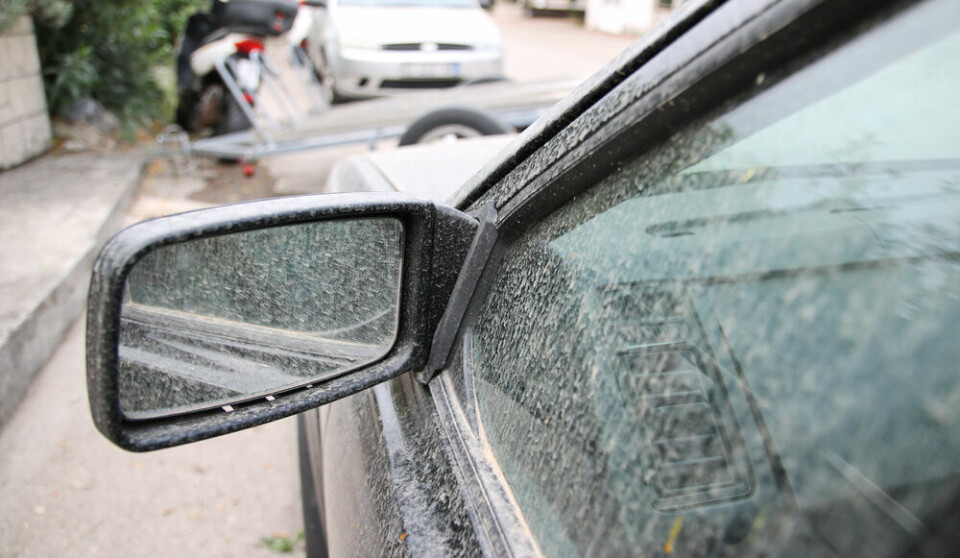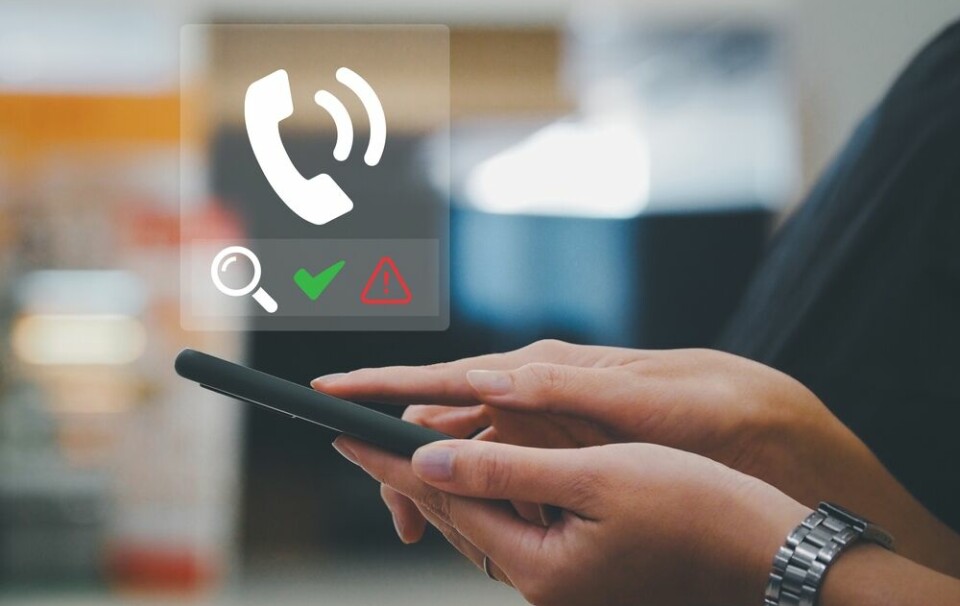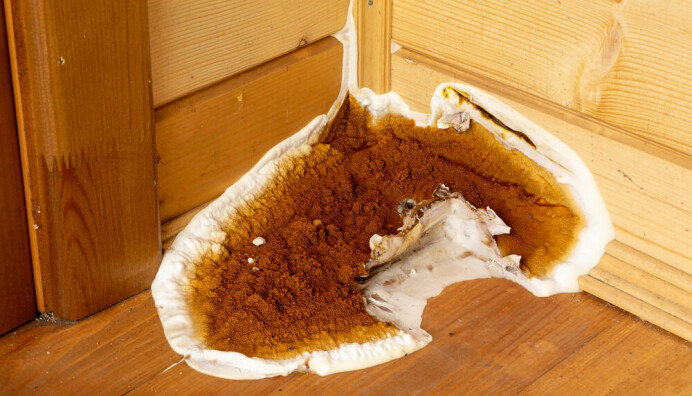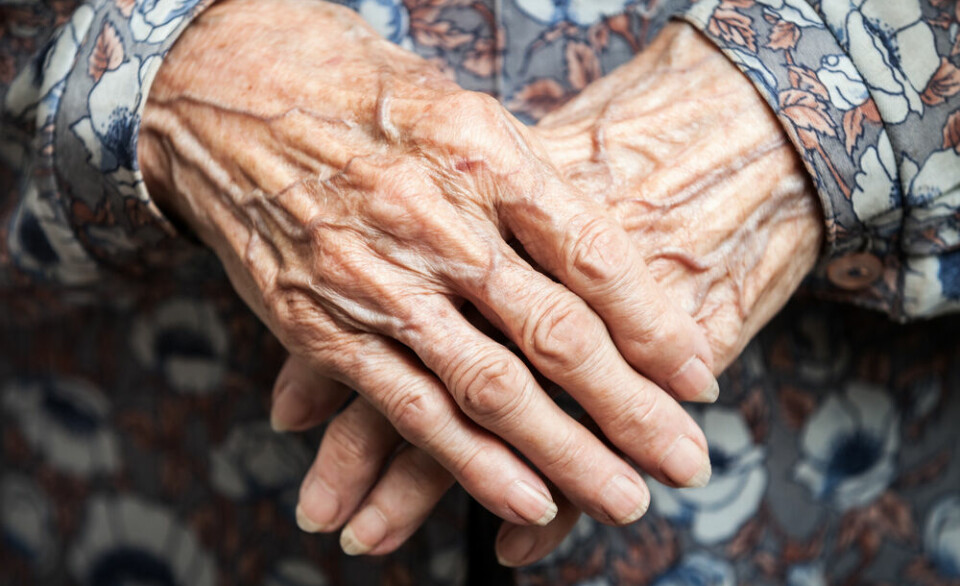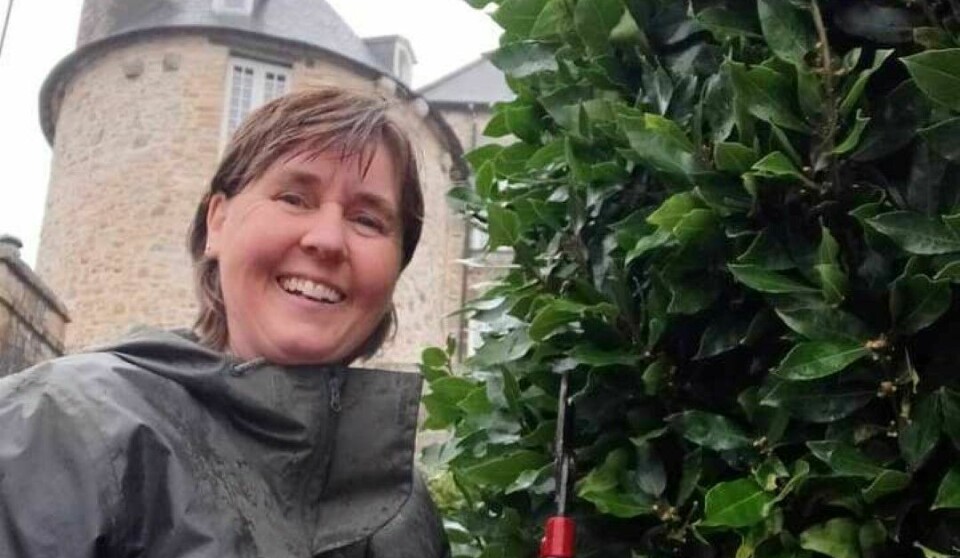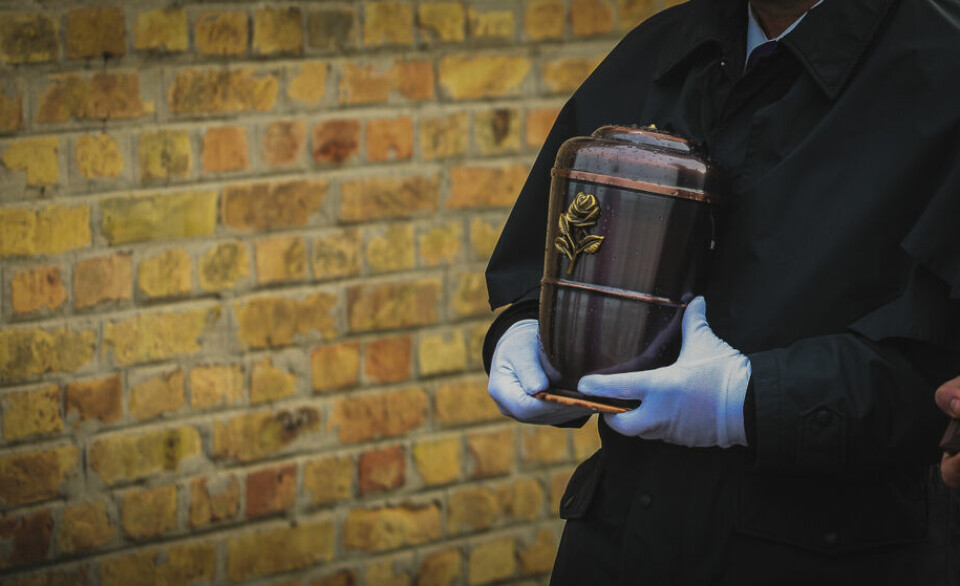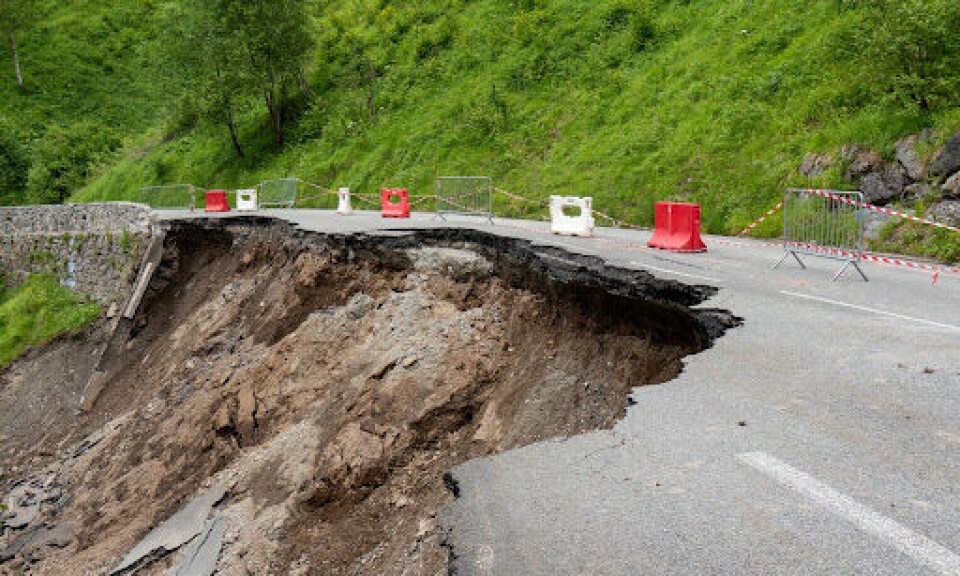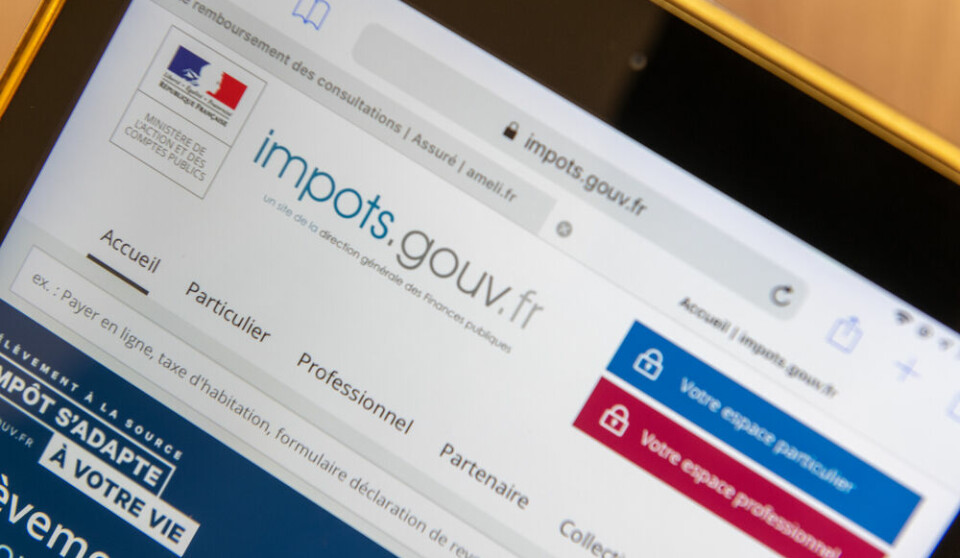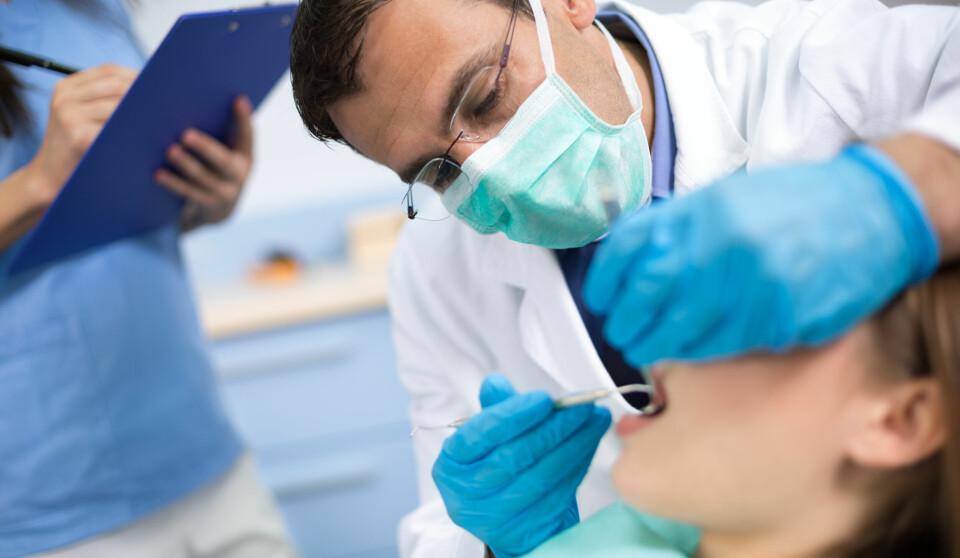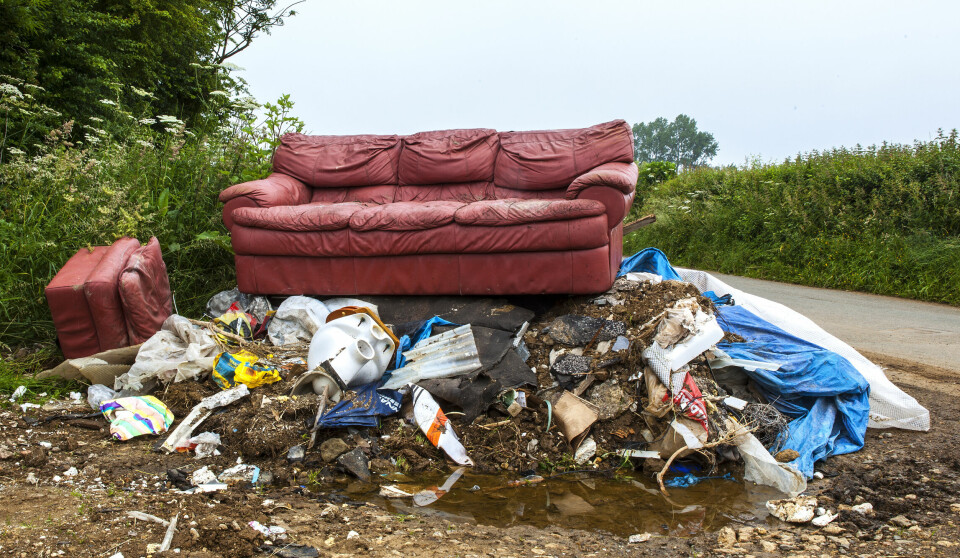-
‘Brexit: no-one else dares speak of leaving’: President Macron
The president also spoke of the threat from the far-right, the need for more border control, simpler rules and more defence investment in a speech in Paris
-
Scams in France: watch out for these telephone prefixes
Stay alert to these numbers as they are often used by fraudsters
-
UK jockey gets French residency card meeting after public complaint
James Reveley asked about obtaining a titre de séjour after victory in prestigious ‘president’s race’ in Paris last weekend
France to introduce first ever blood test for bipolar disorder
The test, from a French start-up, promises to reduce diagnosis time from around 10 years to a few weeks
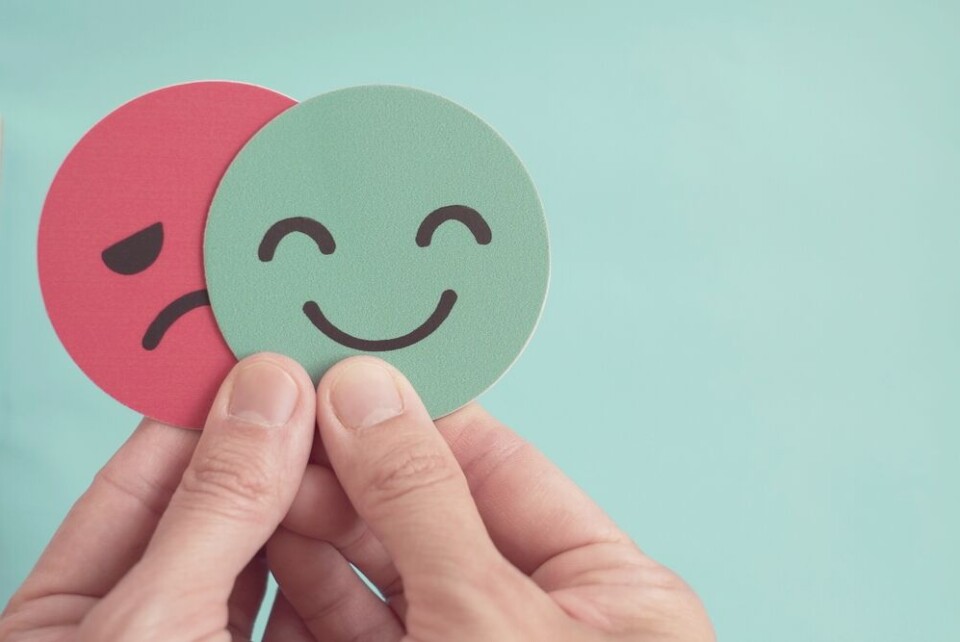
France is set to introduce a blood test for bipolar disorder for the first time ever, in a bid to help doctors considerably speed up diagnosis and distinguish between the condition and other mental health issues.
The test - called myEDIT-B - will be available from April 1, 2024.
It comes from French start-up ALCEDIAG, led by co-founder and scientific director Dr Dinah Weissmann. Along with the medical biology lab Synlab, whose network will be offering the tests, it said in a press release on March 22 that the blood test would be “the first ever to help with mental health diagnoses”.
It said it was aiming to offer a “more precise and early” diagnosis, giving patients a greater chance of getting on to the right medication earlier, for a much better quality of life and more positive outcomes.
It will be able to return a diagnosis within weeks, in contrast to the current average of up to 10 years.
"Until now, diagnosis has essentially been based on clinical interviews, but the emergence of precision psychiatry marks a turning point,” said Professor Chantal Henry, a psychiatrist at the GHU Paris, and Scientific Director of the Fondation Pierre Deniker.
“It is based on the discovery of objective biomarkers that complement clinical diagnosis [and] makes it possible to differentiate between depression, bipolar disorder, and unipolar depression. This should make it possible to offer appropriate treatment for patients with bipolar disorder.”
How does the test work?
The blood test uses DNA sequencing from the patient’s blood, and also works with an AI-based ‘machine learning’ algorithm to help improve its accuracy.
So far, clinical studies - including one involving 255 patients in France, published in the scientific journal Nature; and another study on 143 patents in Switzerland - found a sensitivity and specificity rate (meaning the reliability of results) of more than 80%.
The test also takes into account patients’ age, sex, medical treatments, and any addictions they may have.
Who can get a test?
Only a psychiatrist will be able to order the test, and patients will need to visit one of the Synlab laboratories - there are around 380 of them nationwide - to undertake it.
They will need to present a psychiatrist prescription ordering the test, as well as a clinical information form signed by the doctor, and sign a consent form for the conditions of use of the test.
The results take four weeks to come back to the prescribing psychiatrist, who can then use them to help confirm their diagnosis with a patient during a consultation, the group said.
It will only be available for adults who are already "being treated for a moderate or severe episode of depression", and whose treating psychiatrist believes they could have bipolar disorder.
Figures from the Haute Autorité de Santé (HAS) show that between 1% and 2.5% of the French population (up to 1,600,000 people) have bipolar disorder.
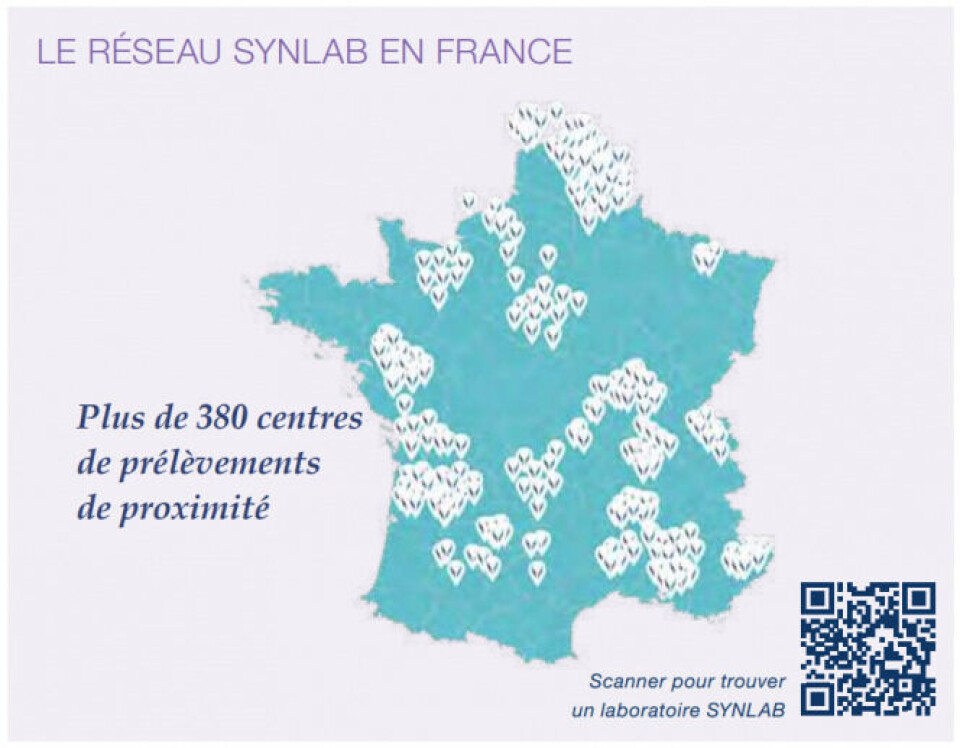
Image: Synlab.fr
What is bipolar disorder?
The mental health condition used to be known as ‘manic depression’ because it typically presents as mental states that alternate between episodes of ‘high’ mania, and ‘low’ severe depression.
Manic states are characterised by a newly-intense interest in work or social activities, impulse spending or sexual activity, a sense of grandeur or a feeling of power, major difficulty in paying attention, a need to communicate or share ideas constantly, and a major reduction in sleep.
In contrast, depressive episodes are characterised by a loss of interest in normal activities, a feeling of sadness and despair, suicide ideation, a lack of humour or attention, a slowing of thoughts and actions, and overwhelming tiredness or lethargy.
There are two types of bipolar disorder: Type I, characterised by at least one ‘manic or mixed’ episode, and Type II, characterised by one or several episodes of major depression and at least one episode of mania.
The condition can be particularly difficult to diagnose and treat (especially as it can be confused with other mental health issues), with Synlab estimating that the average diagnosis takes eight to 10 years, from the patient’s first visit to the doctor to definite diagnosis. It can often be based on ‘trial and error’.
Bipolar dangers and ‘cause’
Bipolar issues often first start to appear in patients from age 18-24, and the condition is classified as one of the World Health Organization’s top 10 most-disabling pathologies. Up to 50% of patients may attempt to commit suicide during their lifetime, and 15% will succeed in their attempt.
Synlab states that studies show that of the 300 million people in the world diagnosed with depression, up to 40% could be wrongly diagnosed and may actually have bipolar disorder.
The condition has no single clear cause, and is suspected to be a mix of genetic, biological, psychological and socio-environmental factors. There is a strong family predisposition, with the risk of developing the condition 10 times more likely if a parent or other first-degree relative also has it.
Bipolar disorder cannot be ‘cured’, but with medication and therapy it can be well-managed and give patients a good and stable quality of life.
“Our aim with myEDIT-B is to to help psychiatrists reduce the time taken to diagnose bipolar disorder, from several years to a few weeks (initially) and then, we hope, to a few days,” said Alexandra Prieux, president of ALCEDIAG.
“We see it as an important step towards achieving our mission: to help improve the health and quality of life for patients and their families through precision psychiatry, by developing innovative diagnostic tests based on neuroscience, advanced biology and artificial intelligence techniques.”
Read also
‘Life-changing’ blood test identifies bipolar disorder
How to get free mental health support in France



